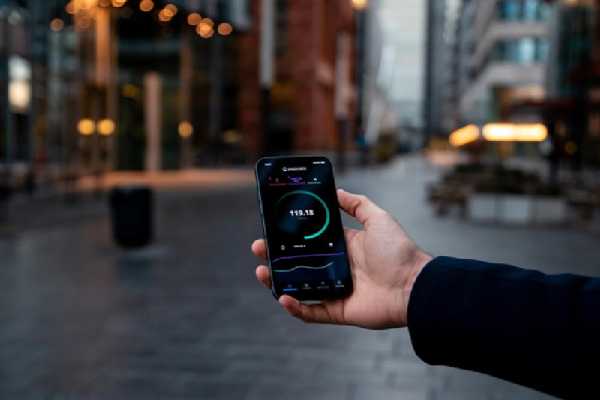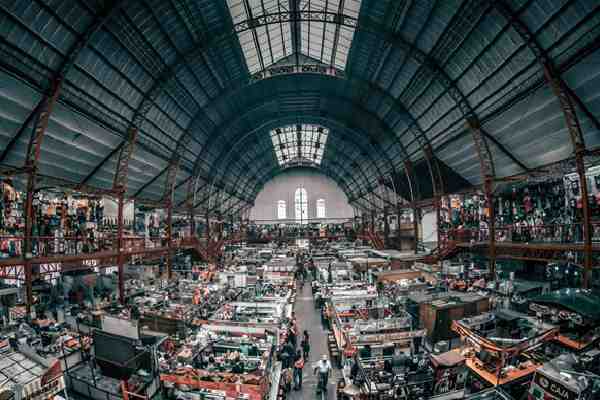Those who can remember the ’80s and ’90s can remember what life was like before the internet and the huge impact it had on our lives. First, there was email, something interesting to check each day, or every three hours for those who were feeling bored and/or lonely. Back then, the internet existed, but most people were not doing searches yet. But soon, before the end of the ’90s, search engines became a thing, Google actually had some competition, and AOL was still being used by people. The internet had become a permanent fixture in our lives.
But, there was only one internet! Now we have to contend with the Internet of Everything, the Internet of Things, the Industrial Internet of Things, the Internet of Medical Things, the Internet of Battlefield Things, etc. What’s a nice dinosaur to do?
It is beyond the scope of this article to discuss all of these categories, but we can definitely separate the Internet of Things from the Industrial Internet of Things. Keep reading.
The Internet of Things Defined
The Internet of Things (IoT) is the world of smart technology for appliances that make the lives of humans better. It is distinct from the Internet of Everything in that for the Internet of Everything, humans are part of that system and a human using a smartphone or laptop is part of the Internet of Everything and becomes an “end node” in that system.
The Internet of Things, however, involves device-to-device communication. When your Ring security system beams a door camera video into your smartphone, and that Ring Application Programming Interface (API) communicates with the API of your iPhone, that is the IoT. It does not become part of the Internet of Everything until you answer your phone and start watching the video from your Ring door camera.
The Industrial Internet of Things Defined
A good IIoT definition is to simply think of the Industrial Internet of Things (IIoT) as a subset of the IoT. IoT is B2C. IIoT is B2B.
The industrial application of smart technology would include the manufacturing industry, the agricultural industry, the supply chain industry, the food industry, and the maritime industry. IIoT systems are known for their operational efficiency. They can harvest and analyze data in real time in ways that humans cannot.
There are many use cases for IIoT applications. The machine-to-machine communications within the industrial internet consortium have greatly streamlined the manufacturing process and the production process, not only saving people-hours but reducing the use of fossil fuels. The real-time data continuously being processed by the IIoT is Big Data, and often unstructured data at that. Therefore, machine learning technology is necessary for the data management systems needed to properly aggregate this Big Data into some type of visual and Big Data analytics with a graphic that humans can understand. The logistics of this industrial process are a lot easier with operational technology from the industrial sector.
The infrastructure of IIoT platforms and IIoT adopters are superior for cybersecurity in comparison to the cyber-physical systems of the consumer IoT. Human error can leave many Internet of Everything-type systems vulnerable to hackers, denial of service (DOS) attacks, and phishing expeditions. An ecosystem based on the artificial intelligence within an industrial control system would lead to greater data integrity.
The health care system and the Internet of Medical Things have also adapted to the Industrial IoT and the industrial internet consortium. Many patients are lost due to human error each year, especially when doctors, nurses, and other medical staff are working 24-plus-hour medical shifts, and the automation of part of the medical pipeline, but certainly not all of it, would be one of many IIoT applications that would qualify as game-changers within the Internet of Medical Things.
Like it or not, for better or worse, the digital transformation has arrived and IIoT technology is here to stay. Smart cities and smart factories will become part of our daily lives so seamlessly that we will not even notice the transformation.


